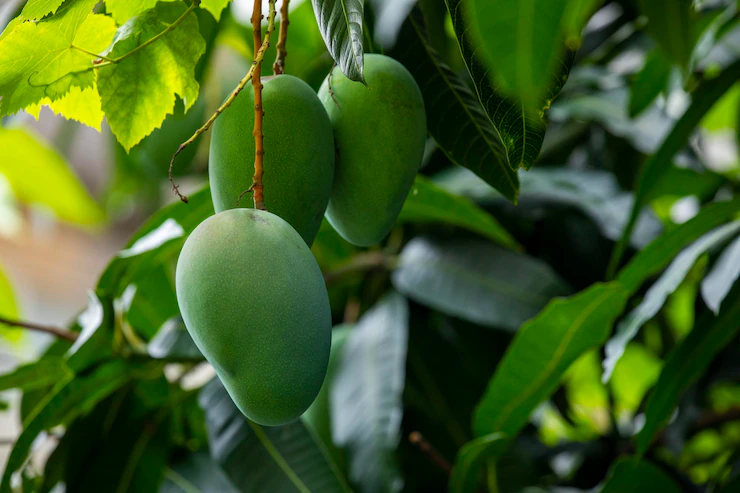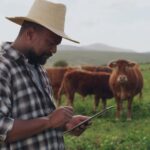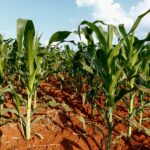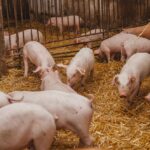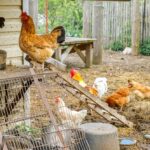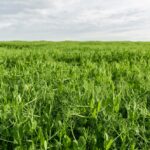When growing mangoes in South Africa, there are several infections and diseases that you should watch out for. Here are some of the most common ones:
- Anthracnose (Colletotrichum gloeosporioides): This fungal disease affects mango fruits, causing dark, sunken lesions with pink spore masses. It can lead to premature fruit drop and significant yield losses.
- Powdery mildew (Oidium mangiferae): Powdery mildew is a fungal infection that appears as a white powdery coating on leaves, shoots, and fruits. It can reduce photosynthesis and affect fruit quality.
- Bacterial black spot (Xanthomonas campestris pv. mangiferaeindicae): This bacterial disease affects mango leaves, causing small, dark spots that enlarge and turn black. It can lead to defoliation and affect fruit quality.
- Mango malformation disease (Fusarium mangiferae): This fungal disease affects the vegetative growth of mango trees, causing abnormal proliferation and distortion of shoots, flowers, and fruits.
- Mango sudden decline (MSD) or mango wilt (Ceratocystis fimbriata): This fungal disease affects the roots and trunk of mango trees, leading to wilting, leaf yellowing, and tree death.
- Fruit fly (Ceratitis capitata): Fruit flies are a significant pest of mangoes. The female lays eggs in the fruit, and the larvae feed on the pulp, causing fruit rot and drop.
- Scale insects: Scale insects can infest mango trees, sucking sap from the leaves and twigs. They can weaken the tree, reduce fruit quality, and transmit diseases.
To manage these infections and diseases, it’s important to implement good orchard management practices. This includes proper sanitation, pruning to improve air circulation, regular monitoring, and early detection of symptoms. Additionally, applying appropriate fungicides or insecticides as recommended by agricultural extension services can help control these issues. It’s always a good idea to consult with local agricultural experts or extension services for specific recommendations based on your region in South Africa.
Join 'Farmers Mag' WhatsApp Channel
Get the latest Farming news and tips delivered straight to your WhatsApp
CLICK HERE TO JOIN
